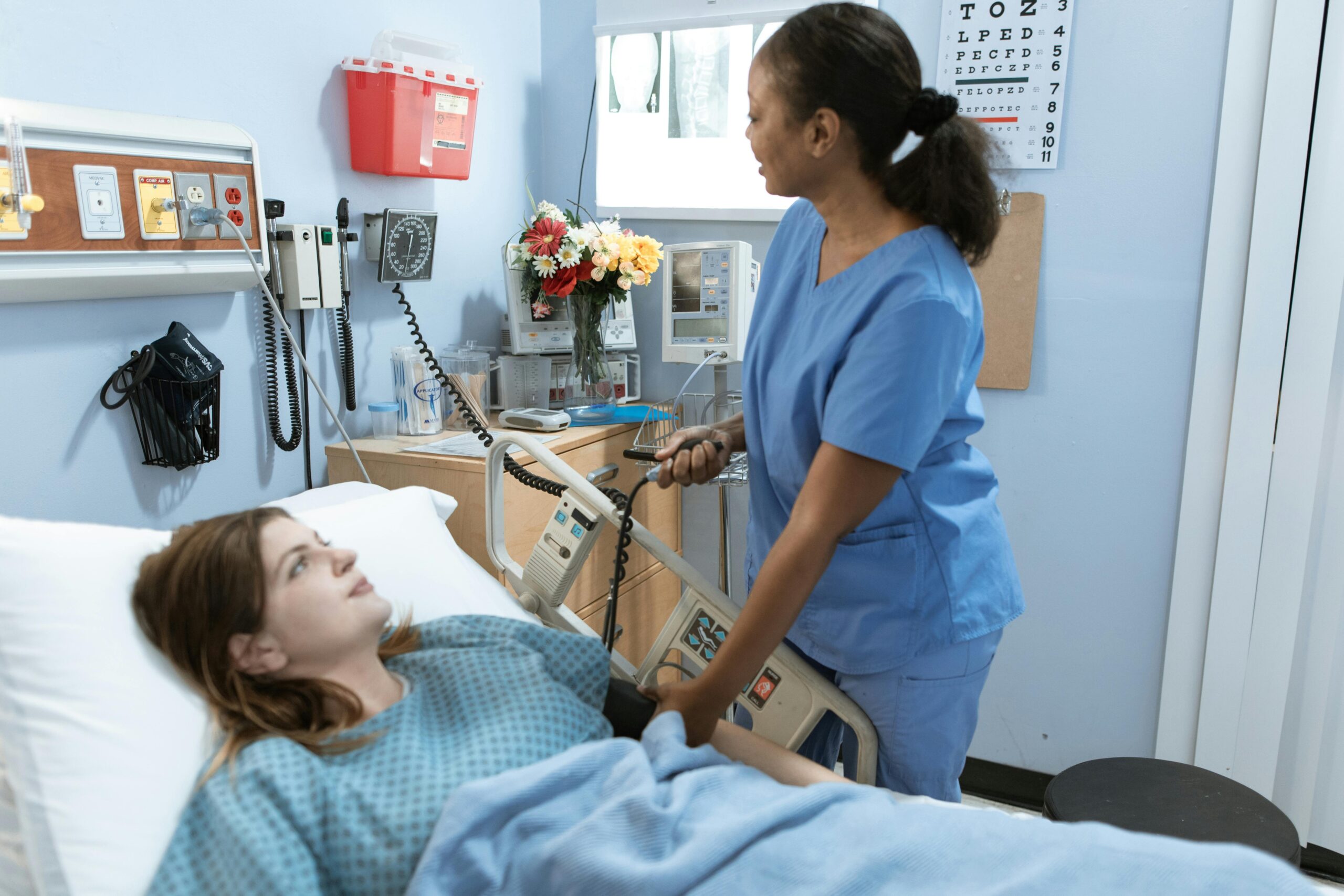As a Nurse Advocate who assists nurses in responding to unjust allegations made by their Board of Nursing, I often see nurses falsely or wrongly accused by Boards of Nursing. Any nurse, at any time, may find themselves alleged to have done something they did not do. Or nurses may find themselves facing what seems to have been excessive punishment for a minor error.
Understanding the Roots of Board of Nursing Charges
Board of Nursing charges stem from investigations of complaints filed with the Board. Complaints can be made by anyone, but most often, they are filed by an employer who has since terminated the nurse. In states like Texas, reporting to the Board is mandatory if a nurse is terminated for practice-related reasons.
In my experience, Boards tend to prosecute most complaints—even when they appear retaliatory or malicious. The Board’s primary focus is on determining whether the nurse committed the alleged act. As a result, mitigating factors or the potential for false accusations are often overlooked. The Board’s duty, first and foremost, is to protect the public, rather than the nurse or the nursing profession.
CHECK OUT: False Allegations by Boards of Nursing: Defending Your Nursing License
Lack of Due Process and Legal Protections for Nurses
Nurses are denied most due process rights and basic constitutional protections during Administrative Law proceedings initiated by Boards of Nursing. Many would be surprised to learn that when nurses face actions threatening their licenses and livelihoods, they are denied fundamental rights, such as the ability to review or know the evidence against them, the right to a jury trial, an impartial and timely hearing, the opportunity to confront their accuser, or protection from Double Jeopardy.
In these cases, nurses must defend their licenses with minimal legal safeguards and with the burden of proof resting on the nurse. The evidentiary bar is not “clear and convincing evidence” but instead a much lower “more likely than not” standard. The process is heavily skewed in favor of the Board, which holds sole subpoena power and often retains exclusive control over the evidence, withholding it from the nurse until the trial stage. This leaves the nurse in the dark about the accuracy and legitimacy of the evidence, such as the contents of medical records, often until years after the initial complaint was filed.
The Board’s Bias and Potential for Unfair Treatment
Boards often view claims by the nurse of being falsely accused or set up as mere attempts to deny responsibility. A former Board of Nursing Investigator once shared with me that during her training, she was instructed to assume that all nurses are guilty and deceitful. While this may sound extreme, my years of experience with various State Boards of Nursing have shown that this attitude is not uncommon. One thing is clear: once formal charges are filed against a nurse, the Board’s staff and attorneys have already made a firm decision regarding the nurse’s guilt. Despite the evidence, the law, or facts, the Board is very unlikely to back down.
Consequences of Disciplinary Actions for Nurses
Charges against nurses can often be unjust, especially when system errors play a role in the outcome. Despite this, nurses frequently face severe disciplinary actions that can significantly hinder their ability to secure future employment. Even seemingly minor consequences, such as a Warning or Reprimand, typically come with stipulations that limit the nurse’s career advancement or employment opportunities.
For instance, a minor Warning for a small error may include a requirement for supervision by another nurse—something many employers lack the resources to provide. Additionally, such disciplinary actions often restrict nurses from working in settings outside of acute care hospitals, long-term care facilities, or skilled nursing facilities. Nurses may be prohibited from working as travel or agency nurses, in home health, or in telephone triage roles. As a result, even when the infraction is minor, nurses who receive a Warning often find themselves unable to find employment in the nursing field due to these restrictive, one-size-fits-all stipulations.
Public Record of Disciplinary Actions on NURSYS
Nursing is the only profession with a publicly searchable database where any disciplinary action on a nurse’s license is made available. These Formal Orders are posted on a website called NURSYS, managed by the National Council of State Boards of Nursing. They include the Board’s interpretation of the nurse’s alleged violation of the Nurse Practice Act, often in language that is harsh and may not fully reflect the truth. The nurse’s side of the story is reduced to just a few sentences, typically not in their own words. These records remain on NURSYS indefinitely, except in two states with expungement laws.
Risks of Abuse of Power by Boards of Nursing
Boards of Nursing have no oversight and are at risk for abuse of power. They write their own laws under which nurses must practice, they interpret these laws differently depending on the case’s specifics, and they apply discipline for violations of these laws. It would, therefore, be in the nurse’s best interest to avoid ever having to answer to their State Board of Nursing. Here are some tips that may help protect your practice.
- Document Thoroughly: Comprehensive documentation is crucial. However, in some states, nurses may not have access to the EMR until after the Board has filed formal charges. If possible, nurses should request early Production and Discovery of the evidence the Board is relying on. Reviewing this evidence promptly is essential. In my experience, I have often found that the Board was wrong after reviewing the records with client nurses.
For example, in cases where large amounts of Fentanyl were alleged to have been diverted, a thorough review of documentation often reveals that every dose was properly accounted for, although fragmented across different records. This review process has helped numerous nurses get their charges dismissed.
- Use the Nursing Process: While many nurses tend to move away from the term “Nursing Process” after graduation, Boards of Nursing specifically include it in their Nurse Practice Acts. If you ever face the Board, your documentation must provide a detailed and accurate record of your actions.
- Professional Conduct 24/7: Boards of Nursing can investigate incidents in your personal life and charge you with Unprofessional Conduct. For example, if police respond to a domestic dispute, the Board may require the nurse to undergo extensive psychological evaluations and substance abuse screenings. It is crucial to always uphold professional standards.
- Never Exceed Your Scope of Practice: Nurses are frequently asked to work outside their scope of practice. Accepting such assignments puts your license at risk, as nurses are held responsible for staying within their scope of practice, defined by education, training, and experience.
- Medication Administration Vigilance: Always double-check medications before leaving the dispensing system and at the bedside, adhering to the Five Rights of Medication Administration (now expanded to the Ten Rights).
- Waste Controlled Substances Immediately: Always waste controlled substances immediately after preparation, and document the waste in the Pyxis right away. Never delay this until later in the shift.
READ: Nursing Misconduct Allegations Austin: Key Insights and Legal Implications
Protecting Your Nursing Career
The nurse should be familiar with their state Board of Nursing to help guide and protect their practice. While it may not always be possible to avoid false or overly harsh charges, nurses who find themselves facing unjust allegations should retain a licensing attorney or Nurse Advocate experienced with Administrative Law and Board law as they apply to nursing.
FAQs
What should I do if I receive a complaint from my Board of Nursing?
How can thorough documentation protect my nursing license?
Can personal conduct affect my nursing license?
What should I do if asked to work outside my scope of practice?
Is legal representation necessary if facing disciplinary action by the Board?


